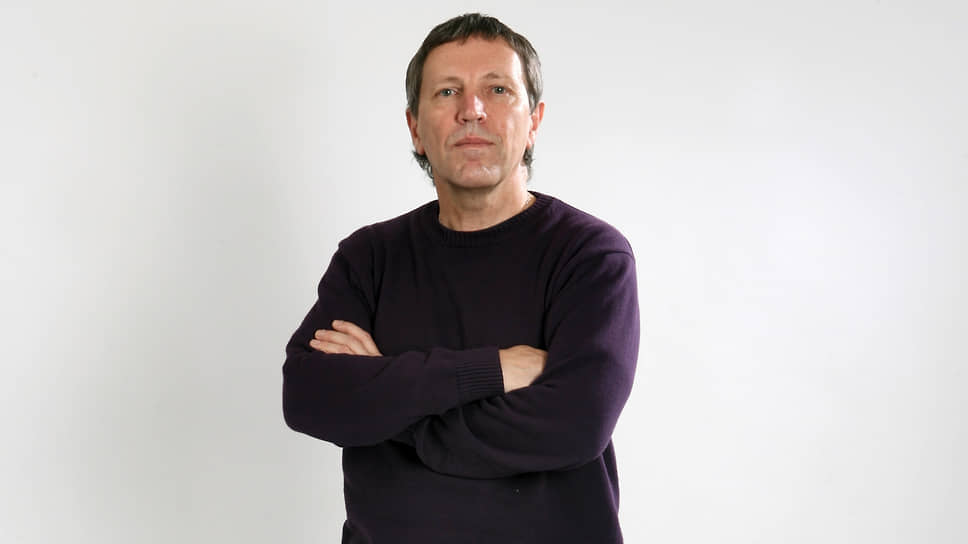The 26th International Documentary Film Festival opened in Thessaloniki
[ad_1]
The 26th International Documentary Film Festival opened in Thessaloniki. He talks about how this very concept is changing these days and how the changes are reflected in the festival program. Andrey Plakhov.
At the opening festival The outstanding Spanish director Fernando Trueba was honored, who was awarded the honorary prize “Golden Alexander”. It would seem, where is the documentary film and where is Trueba, the director of several scenic production films, including the Oscar-winning “La Belle Epoque”? However, there is still a connection. The festival will feature a mini-retrospective of Trueba, reflecting his passion for jazz and popular music, as well as his exploration of the language of cinema and genre mixes.
Back in 2009, he directed the documentary Calle 54 about jazz stars; the poster for it was made by artist-designer Javier Mariscal. Later, they opened a jazz restaurant together in Madrid, and in 2010, in collaboration with Mariscal’s younger brother, Tono Errando, they created the animated film “Chico and Rita,” which received an Oscar nomination. This is a passionate love story of a young pianist in love with jazz and a girl who dreams of becoming a big singer. The action is based on the historical material of Cuban jazz of the 1940-1950s, then moves to New York, whose dark, inhospitable color contrasts with the bright colors of pre-revolutionary Havana.
Politics, art and human destinies are closely intertwined in the new film by Trueba and Mariscal, “They Shot the Pianist.”
This title is a paraphrase of Francois Truffaut’s “Shoot the Pianist.” The action also includes footage from Jules et Jim, another of Truffaut’s cult films, and Godard’s Breathless. These iconic films of the era changed the lives of many people, only Trueba and Mariscal transformed easily recognizable film footage into animated images, as well as the main plot of the film, associated with the era of the Brazilian bossa nova craze, a contemporary of the French New Wave.
Several decades later, a New York music critic travels to Rio de Janeiro to investigate the fate of a once famous pianist who became a victim of the Argentine junta. A reason to create a great animated movie with fiery dances and uninhibited characters of the legendary 1960s. At the same time, the film maintains a strict documentary basis.
The festival program includes several more films related to music. Two of them are dedicated to Maria Callas.
One is called “Maria, Marianna, Maria – the unsung Greek years of Callas”, created by Michalis Asthenidis and Vasilis Louras in collaboration with the Greek National Opera and is a rare document of the work of the Greek diva. “Ryuichi Sakamoto. Neo Sora’s opus is about a Japanese composer who collaborated extensively with cinema. There will also be several films about major film directors, such as Agnès Varda and Dario Argento.
In addition to Trueba, Thessaloniki intends to honor Dimitris Papaioannou, an outstanding theater director who also works in hybrid genres and at the intersection of arts. He is known as a choreographer, artist, designer, comic book artist, and director of mass events (including the opening ceremony of the Olympic Games in Athens). A mini-retrospective of Papaioannou, which will be held as part of the festival, reflects his creative connections with screen art.
The festival catalog includes 250 films covering a huge range of socio-political, gender, popular science and art history topics. The only new Russian film included in the program is Ilya Povolotsky’s “Mud,” a black-and-white symbolic sketch shot at a Caucasian resort with traces of Soviet grand style. The festival program reminds us of Russia in the American film “Navalny” and the Dutch “Dmitriev Case”. Also in the “Manifestos” program will be shown “Man with a Movie Camera” by Dziga Vertov, which laid the foundations for biased documentary film classics.
[ad_2]
Source link







